At AllThingsNature, we're committed to delivering accurate, trustworthy information. Our expert-authored content is rigorously fact-checked and sourced from credible authorities. Discover how we uphold the highest standards in providing you with reliable knowledge.
What is Apiculture?
Apiculture is the art of beekeeping, but more than just keeping hives and harvesting honey, it includes setting up properly located and constructed hives, making sure bees have access to plentiful sources of nectar, and preparing the harvested liquid honey after it has been taken from the hive. It also includes being aware of local laws governing the keeping of bees and processing of their products and even marketing the final products.
Colonies of bees are highly socialized groups of insects that create their own ecosystems in and around their hives. A detailed understanding of how this society functions is necessary to get the most out of raising them. Before even beginning to set up a beekeeping hobby or business, gaining a thorough knowledge of bee anatomy, behavior, and ecology can build an invaluable basis for the business. An individual who undertakes the responsibility of keeping a hive is taking on an entire civilization of creatures.

Apiculture does not have to be a large-scale project. Keeping a few hives can give families access to endless honey as well as related products like beeswax candles and fresh honeycombs. It can also go hand-in-hand with other activities, such as gardening, as a few properly managed hives can provide invaluable pollination services to flowers, fruit trees, and vegetables.

Some of the hands-on processes of apiculture include constructing the hives and upkeep on these outdoor structures that can become weathered by the elements. Handling the bees can be one of the most difficult tasks. A smoker and proper clothing can help the beekeeper keep from getting stung while removing honeycombs or carrying out the delicate procedures of replacing the hive's queen bee.

While it may seem strange to relate management techniques to bees, it is a vital skill. Beekeepers must know what the bees require before they can build a successful hive, including providing consistent sources of fresh water, nectar, and pollen. An individual who is both aware and respectful of the natural cycle of bees will find handling them much easier, and he or she will also be alert to pests and threats to the hive before they become a real problem. Keeping an eye on rainfall charts, temperatures, climate changes, and information on area vegetation can help the alert beekeeper avoid or prepare for potential problems.

An important part of keeping bees is knowing regional and national regulations regarding beekeeping. Honey is a food product, and as such, its preparation is subject to regulations. There are also rules about where hives can be placed in residential areas, and insurance concerns to be investigated as an ongoing part of the business.
Frequently Asked Questions
What is apiculture and how does it differ from traditional beekeeping?

Apiculture, or beekeeping, is the practice of maintaining bee colonies, typically in hives, by humans. It differs from traditional beekeeping in its modernized approach, which often includes the use of advanced techniques and equipment for hive management, honey extraction, and colony health monitoring, aiming to maximize production and ensure the well-being of bees.
Why is apiculture important for the environment and agriculture?

Apiculture plays a crucial role in the environment and agriculture by facilitating pollination, which is essential for the reproduction of many plants and crops. According to the Food and Agriculture Organization, bees and other pollinators affect 35% of global agricultural land, supporting the production of 87 of the leading food crops worldwide. This makes apiculture vital for biodiversity and food security.
What are the main products obtained from apiculture?

The main products obtained from apiculture include honey, beeswax, propolis, royal jelly, and bee pollen. Honey is the most well-known product, celebrated for its natural sweetness and medicinal properties. Beeswax is used in cosmetics and candles, propolis in health supplements, royal jelly as a dietary supplement, and bee pollen for its nutritional benefits.
How does one start an apiculture business, and what are the initial steps?
To start an apiculture business, one should first gain knowledge about bee biology, behavior, and hive management. Initial steps include acquiring the necessary equipment, such as hives, protective gear, and tools, selecting a suitable location for the apiary, and purchasing or capturing bee colonies. It's also important to comply with local regulations and register the business if required.
What are the challenges faced by apiculturists?
Apiculturists face challenges such as colony collapse disorder, pests like Varroa mites, diseases, pesticide exposure, and habitat loss. These issues can lead to weakened colonies and reduced honey yields. Climate change also poses a threat by disrupting flowering patterns and weather conditions, making it harder for bees to forage and survive.
How can someone support apiculture without becoming a beekeeper?
Supporting apiculture without becoming a beekeeper can be done by buying local honey and bee products, planting bee-friendly flowers, avoiding pesticides harmful to bees, and supporting conservation efforts. Additionally, one can donate to organizations dedicated to bee research and conservation or participate in community initiatives that promote awareness and protection of pollinators.
AS FEATURED ON:
AS FEATURED ON:










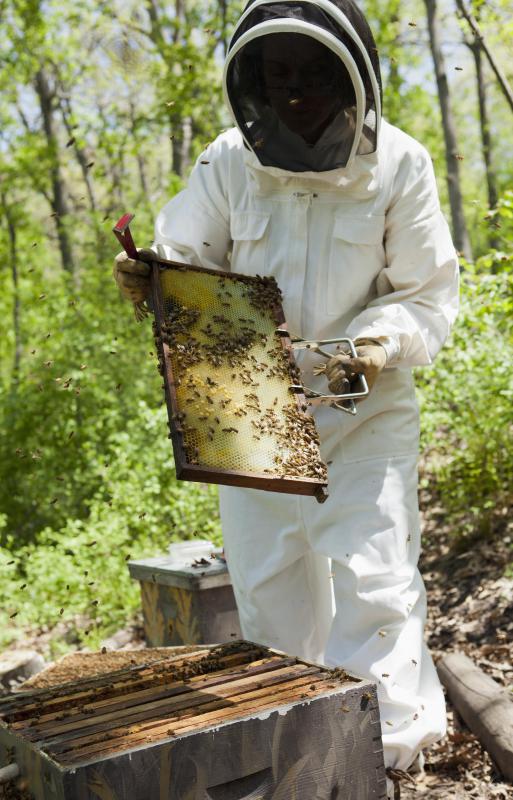
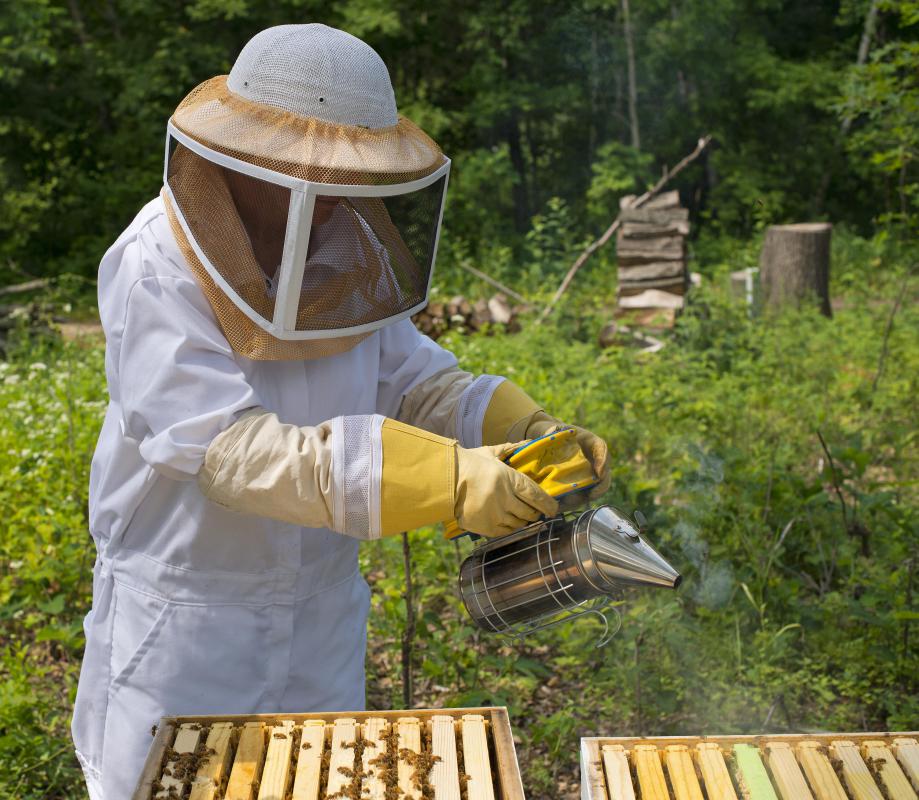
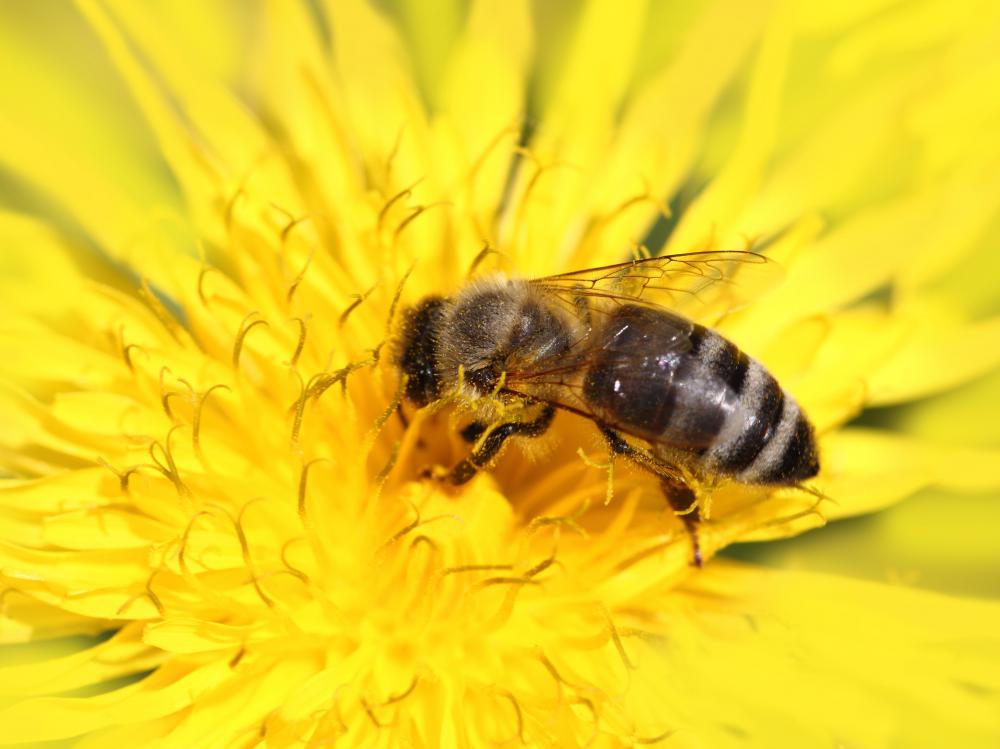
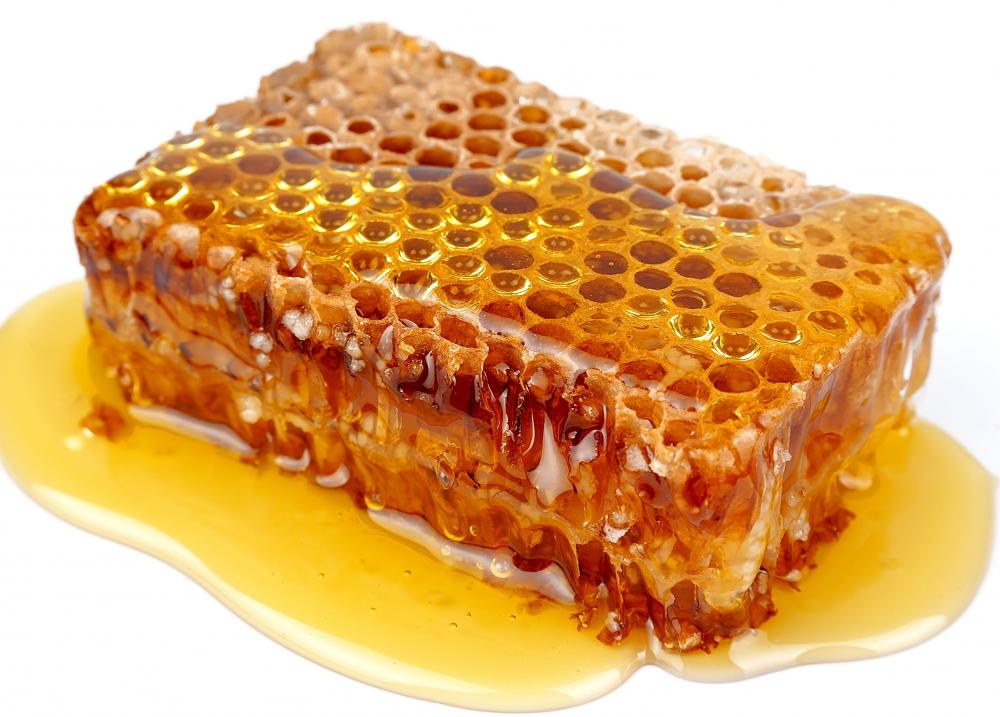
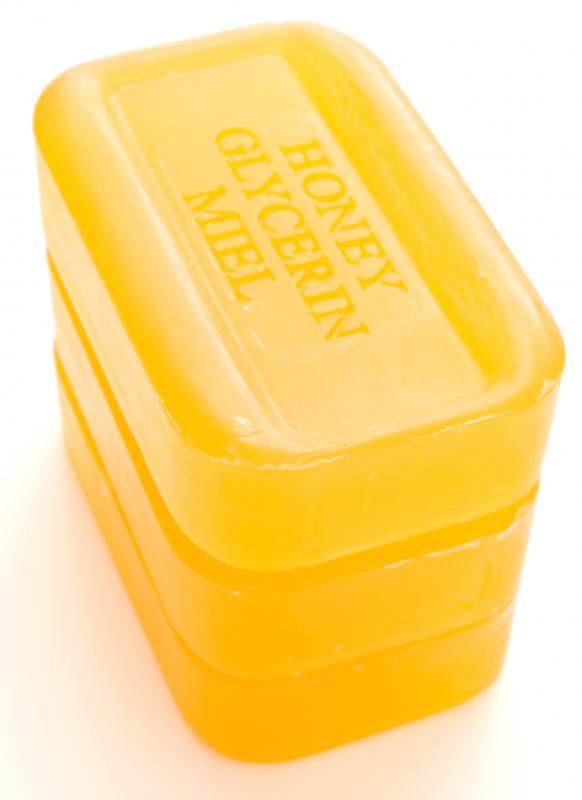
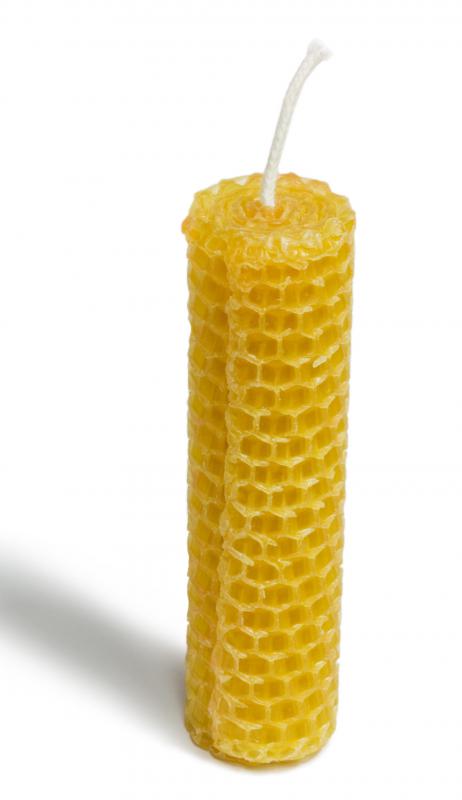

Discussion Comments
Who has bees for sale? Is there a company that sells bees to new beekeepers? I guess there must be, but the thought of it had never occurred to me.
Is there a good resource that can teach me beekeeping for beginners? I am interested in getting started but I know basically nothing.
I know a few people who have set up bee hives in their backyard. It seems like an interesting project but probably more trouble than it is worth. All that gear and all that work just to get some honey. Its great honey to be sure but not so much better than other honey that it justifies the hassle.
Post your comments